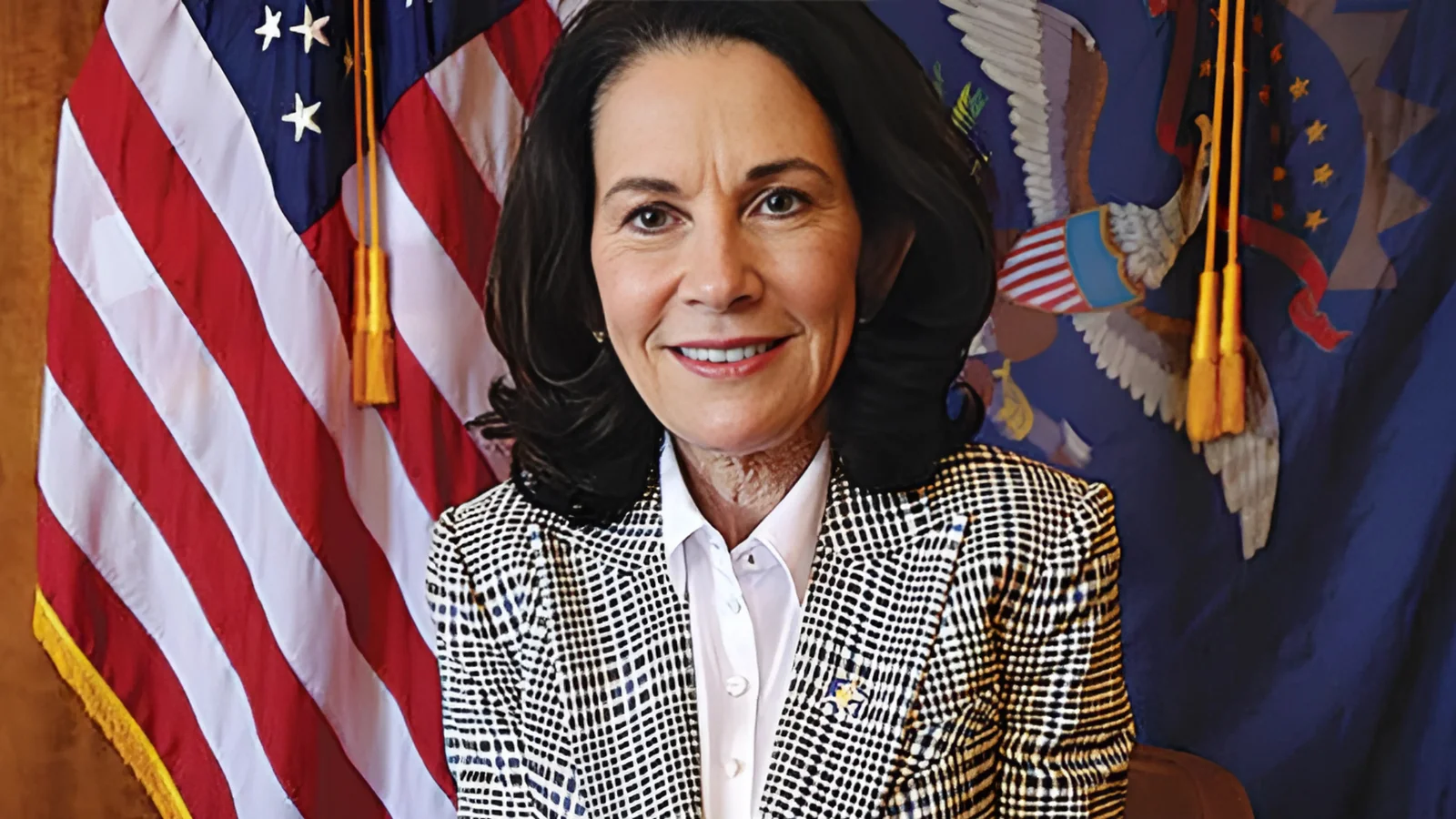Director Shauna Eberhardt | Official Website
Director Shauna Eberhardt | Official Website
The state of North Dakota has designated May as Mental Health Awareness Month, with the theme "Nurture Your Network," according to a proclamation by Gov. Kelly Armstrong. The North Dakota Health and Human Services (HHS) is urging residents to focus on mental health by fostering connections, reaching out for help, and supporting others.
Shauna Eberhardt, the Behavioral Health Clinical Director of HHS, stated, "Mental health is just as vital as physical health at every stage of life." She emphasized the importance of addressing mental health openly to dismantle stigma and promote seeking necessary help.
Engaging in supportive dialogue with loved ones is encouraged, Eberhardt noted. Suggestions for starting this conversation include expressing concern, offering support for seeking help, and simply being present. This initiative aligns with the findings from the 2021-2022 National Survey on Drug Use and Health, which showed that 25.95% of adults in North Dakota experienced some form of mental illness.
To assist those in need, state-operated behavioral health clinics have delivered 300,000 services to individuals from July 2023 to December 2024. Early intervention is highlighted, with studies indicating better outcomes for those who receive timely help.
HHS offers various resources, including the 988 Suicide & Crisis Lifeline, available at all times, and a Mental Health Program Directory launched in 2022 to improve access to services. The directory caters to different needs, offering in-person and telehealth services across 306 locations.
For individuals seeking mental health assessments, HHS offers walk-in options, crisis support, and referrals through its regional human service centers. Economic assistance programs are also available to support financial stability, including SNAP, WIC, and others.
In the workplace, HHS has introduced a behavioral health hub to support employers in addressing employee mental health. Additionally, the "Parents Lead" program is designed to enhance communication between parents and children, and the Critical Incident Stress Management (CISM) program offers support to professionals exposed to traumatic events.
The resources provided are intended to empower North Dakotans to prioritize mental health and build resilient support networks throughout the community.





 Alerts Sign-up
Alerts Sign-up